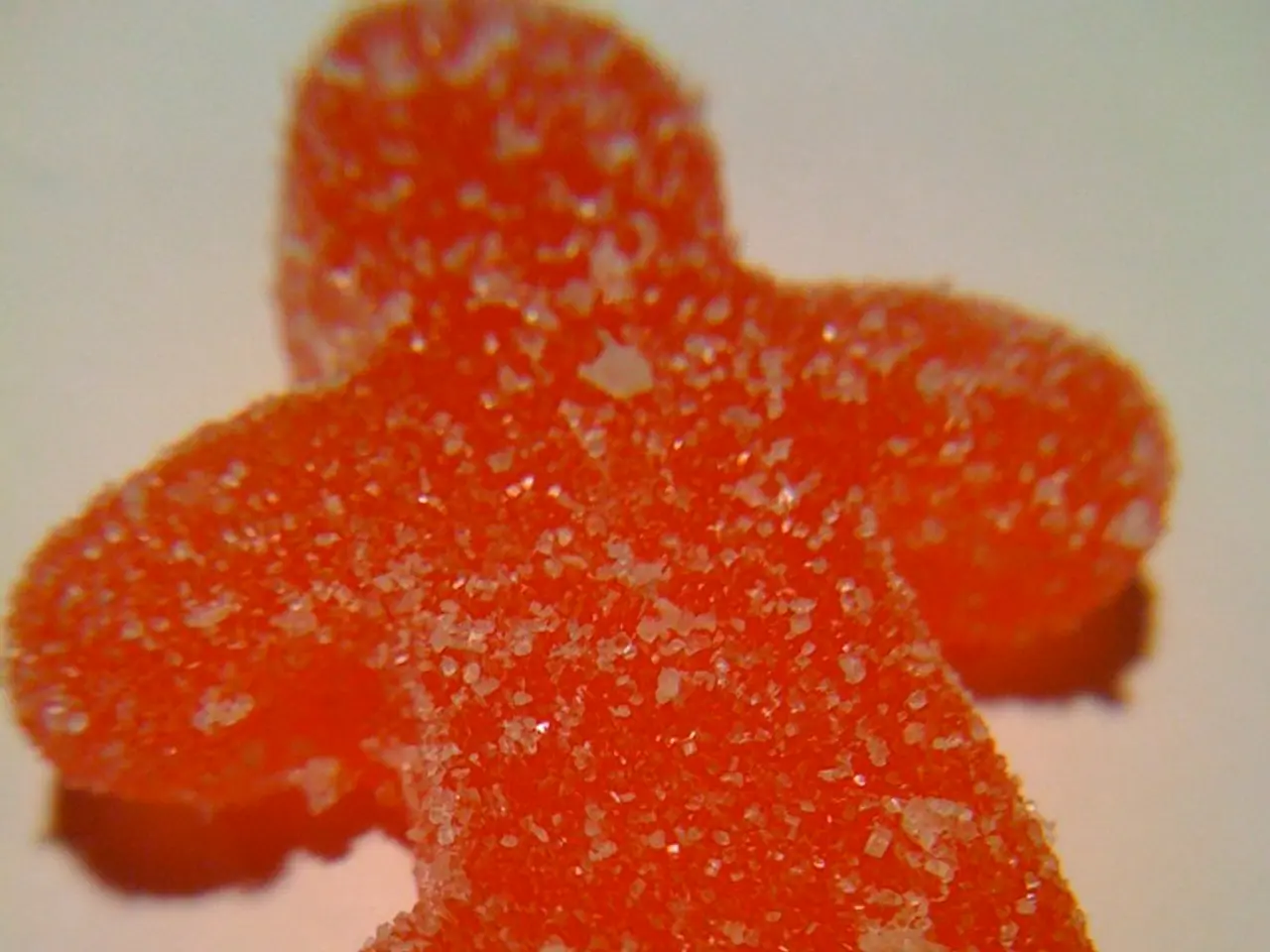Sucralose safety for diabetics scrutinized
Sucralose, a low-calorie high-intensity sweetener (LCS) used worldwide, is a popular sugar substitute for people with metabolic conditions like diabetes. However, recent research indicates that long-term consumption of sucralose may have potential undesirable effects on the health of individuals with diabetes.
One area of concern is the impact of sucralose on insulin resistance and glucose control. Some studies suggest that sucralose can lower insulin sensitivity, making the body less able to regulate blood sugar effectively. This effect might occur even without caloric intake, complicating diabetes management.
Another concern is the alteration of the gut microbiome. Sucralose may disrupt the balance and diversity of gut bacteria, which play a key role in metabolism and immune function. This disruption could lead to impaired glucose tolerance and inflammation, factors linked to diabetes progression.
Furthermore, there is evidence that regularly consuming sucralose may increase the risk of developing insulin resistance, a risk factor for type 2 diabetes. Observational data link artificial sweeteners, including sucralose, with higher risks of type 2 diabetes onset, cardiovascular events, and metabolic syndrome, although causation has not been firmly established.
Additionally, research from UPMC suggests that sucralose might interfere with immune therapies and negatively affect mood and cognition through microbiome interactions, which could further complicate health in diabetic individuals.
Despite these concerns, regulatory authorities still generally consider sucralose safe for people with diabetes based on current safety data. It is important to note that more long-term, high-quality research is needed to fully understand the metabolic effects of sucralose.
In light of these findings, individuals with diabetes who use sucralose regularly should monitor their blood glucose responses. Caution and further research are advised, and it is essential to consult with a healthcare provider for personalised advice.
References:
[1] A. L. Hoyland, et al., "Artificial sweeteners and glucose homeostasis: a systematic review and meta-analysis of randomized controlled trials in humans." Nutrition Journal, 14(1):1–12, 2015.
[2] Food and Drug Administration, "Sucralose." Accessed June 1, 2023. https://www.fda.gov/food/food-ingredients-packaging/sucralose
[3] M. C. Pepino, "Artificial sweeteners and the microbiome." Trends in Endocrinology and Metabolism, 28(9):523–531, 2017.
[4] A. M. Robertson, et al., "Artificial sweeteners and the microbiome: a systematic review and meta-analysis of the human intervention studies." The Lancet Diabetes & Endocrinology, 6(11):851–860, 2018.
[5] M. A. Schmidt, et al., "Artificial sweeteners and the microbiome: implications for the gut–brain axis and metabolic health." Nature Reviews Endocrinology, 14(11):601–613, 2018.
- The endocrine system of individuals with diabetes must consider the potential undesirable effects of long-term sucralose consumption on insulin resistance and glucose control, as some studies suggest that it can lower insulin sensitivity.
- The alteration of the gut microbiome by sucralose may contribute to the development of chronic diseases, such as diabetes, by impairing glucose tolerance and inflammation, factors linked to diabetes progression.
- Diet and nutrition play a crucial role in managing diabetes, and regular consumption of sucralose may increase the risk of developing insulin resistance, a risk factor for type-2 diabetes.
- In light of the research showing sucralose's potential impact on the gut microbiome, immune therapies, mood, and cognition, individuals with diabetes should monitor their health-and-wellness closely and exercise caution when using sucralose.
- Fitness-and-exercise, a key component of managing diabetes, should be considered alongside one's diet to maintain overall metabolic health, while further, high-quality research is conducted to fully understand the long-term effects of sucralose on the body.




